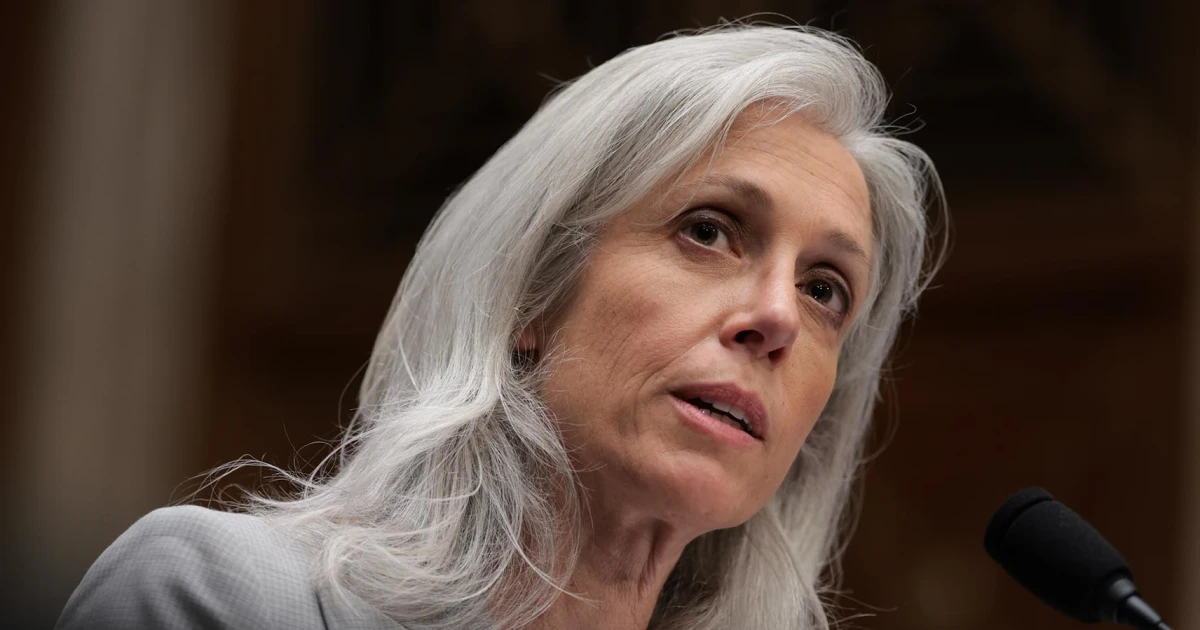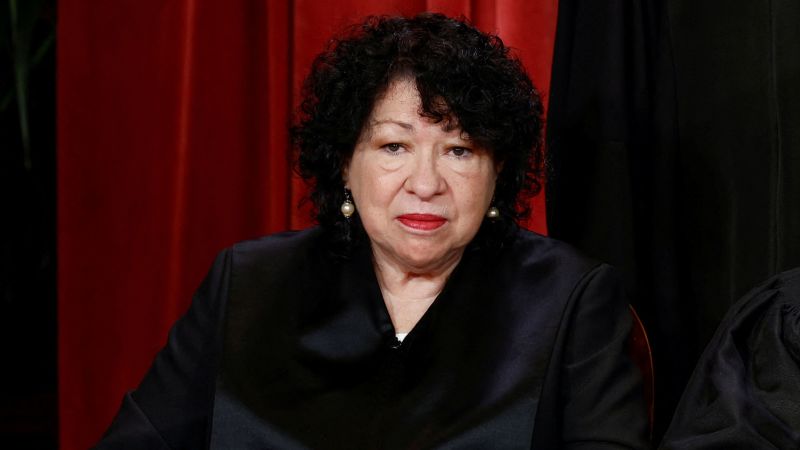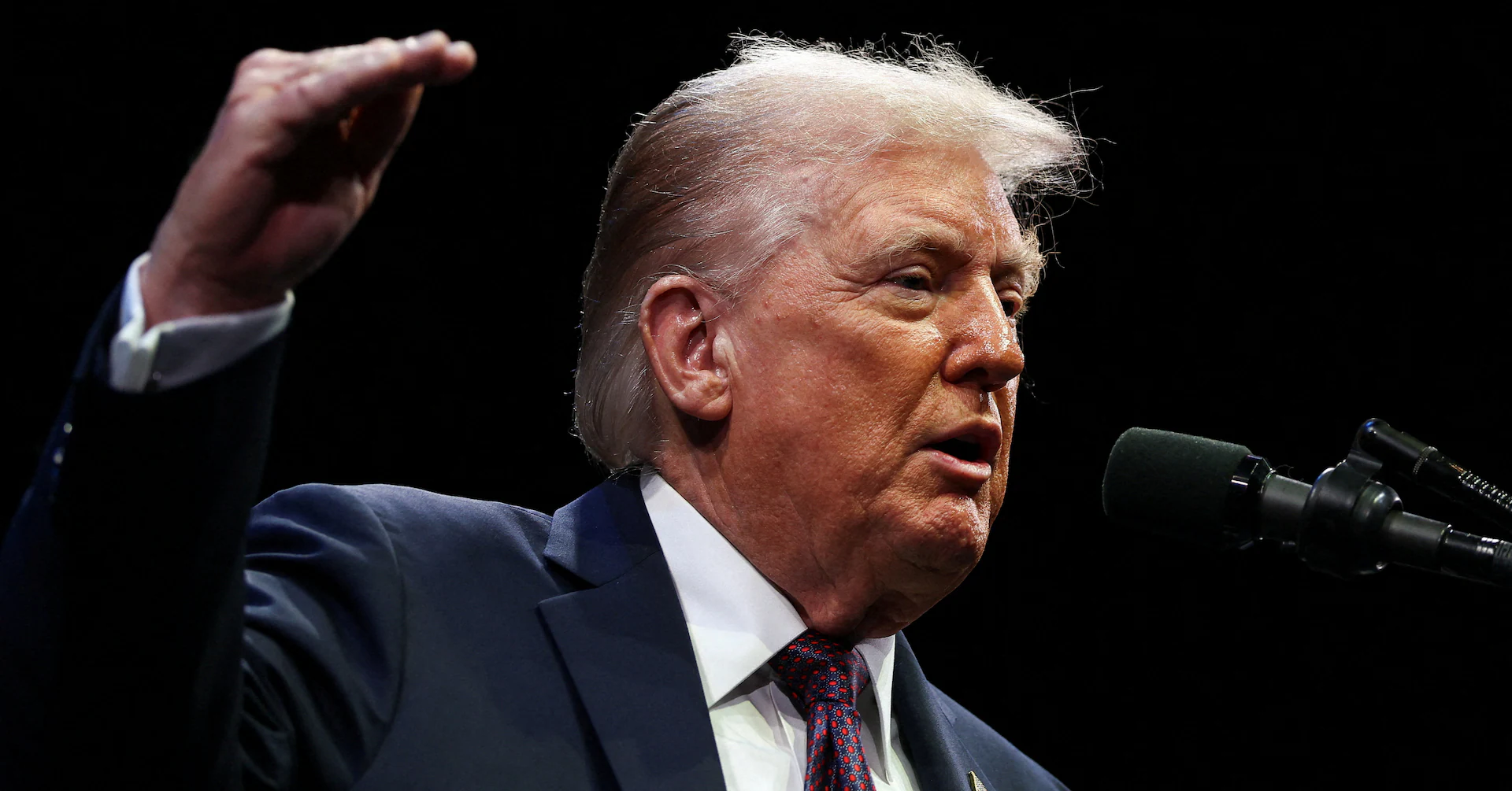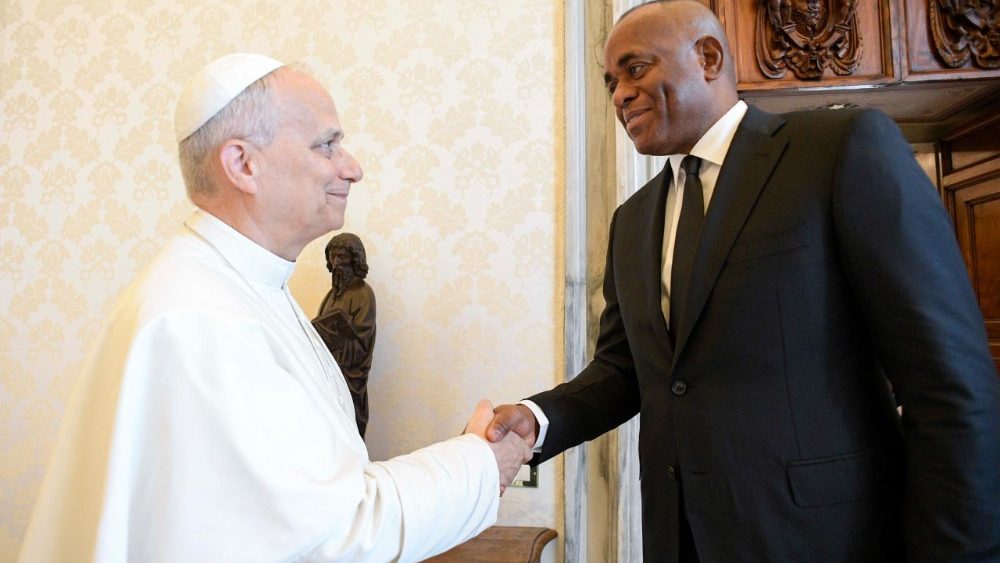
WASHINGTON — Access to childhood vaccines faces a “real risk” in the United States, Susan Monarez is expected to tell a Senate health committee on Wednesday.
The testimony by Monarez, who was fired as director of the Centers for Disease Control and Prevention by Health Secretary Robert F. Kennedy Jr. in August, comes just a day before the agency’s influential vaccine panel plans to vote on whether to delay or restrict access to shots that protect children against potentially serious contagious diseases.
“The stakes are not theoretical,” Monarez said in prepared testimony to the Senate Committee on Health, Education, Labor and Pensions obtained by NBC News. “We have already seen the largest measles outbreak in more than 30 years, which claimed the lives of two children. If vaccine protections are weakened, preventable diseases will return.”
Her testimony marks the start of a high-stakes week for the CDC. Following the Senate committee hearing Wednesday, the agency’s Advisory Committee on Immunization Practices (ACIP) is scheduled to meet Thursday and Friday, where the 12 members appointed by Kennedy are expected to review and vote on several key vaccines, including for measles, Covid and hepatitis B.
“The ACIP meeting is even more concerning,” said Dorit Reiss, a vaccine policy expert at the University of California Law, San Francisco. The committee’s recommendations, she said, “could remove access to these vaccines for large numbers of children and parents.”
Dr. Debra Houry, the CDC’s former chief medical officer who resigned following Monarez’s ouster, will also testify alongside Monarez on Wednesday.
According to her prepared remarks, Houry will tell the Senate committee that Kennedy’s actions have “led to a cascade of decisions which have significantly weakened and undermined CDC’s ability to do its job protecting the health of Americans.”
It’s been a tumultuous time for the CDC, beginning with a shooting at the agency’s Atlanta headquarters Aug. 8 that left one police officer dead. Weeks later, Kennedy dismissed Monarez as CDC director, a move that prompted Houry and several other highly respected senior agency officials to resign. In the wake of the chaos at the CDC, the chair of the Senate Committee on Health, Education, Labor and Pensions (HELP), Sen. Bill Cassidy, R-La., vowed to conduct an “oversight” investigation into Kennedy.
Meanwhile, Kennedy announced last month that this fall’s Covid shots would be limited to people either 65 or older or those at high risk for severe illness, a decision that has left some patients unable to get the new doses because of confused pharmacists looking for official CDC guidance. The vaccine panel meeting this week may finally offer some clarity on the Covid shots.
Monarez’s testimony that she was fired for “holding the line on scientific integrity” is a “black eye” to Kennedy but won’t “lead to meaningful action without more,” Reiss said.
“The Senate can propose legislation to limit the harm he is causing, though, and subject him to closer scrutiny — and call him out publicly, which may make the President consider acting to rein him in or dismiss him,” she wrote in an email.
The Senate has very little leverage over Kennedy without Trump, said Lawrence Gostin, director of the O’Neill Institute for National and Global Health Law at Georgetown University.
“Ultimately, Kennedy’s future at HHS depends on one man only, the President,” he said.
At a Senate hearing earlier this month, Kennedy accused Monarez of lying in a Wall Street Journal op-ed about her firing. He also claimed that he asked her to resign after asking whether she was “trustworthy,” to which Kennedy claimed she responded “no.”
Monarez will directly address Kennedy’s accusations at the Senate HELP committee hearing Wednesday.
“I told the Secretary that if he believed he could not trust me, he could fire me,” Monarez wrote in prepared testimony. “Regarding trustworthiness — I cannot define that word for Secretary Kennedy.”
In an emailed statement, Andrew Nixon, a spokesperson for the Department of Health and Human Services, said Monarez’s prepared testimony has “factual inaccuracies and leaves out important details.”
“Here’s the reality: Susan Monarez was tasked with returning the CDC to its core mission after decades of bureaucratic inertia, politicized science and mission creep corroded its purpose and squandered public trust,” he said.
Dr. Georges Benjamin, executive director of the American Public Health Association, said he hopes Monarez gives insight into how the CDC has been functioning.
“I hope we get some sense of how this guy (Kennedy) works,” he said. “Who is he relying on? How does he make decisions? It seems just like raw emotion, chaos.”
Who are new members on the CDC vaccine panel?
Compared to previous ACIP members, who were largely experts in infectious diseases, few of the people selected by Kennedy are medical doctors or have experience with vaccine research, development or use.
ACIP makes recommendations about which vaccines should be given to which people and when they should get them. It’s then up to the head of the CDC to sign off on the recommendations. Those recommendations have typically helped guide doctors and determined health insurance coverage.
Dr. Sean O’Leary, an infectious disease specialist with the American Academy of Pediatrics, called it a “very detailed process.”
“What’s happening now is they’re taking major policy considerations and completely throwing that process out the window,” O’Leary said.
The overhaul of the CDC vaccine group by Kennedy, a longtime anti-vaccine activist, has already led to pushback from major medical groups and states.
The American Academy of Pediatrics broke with Kennedy’s view that young kids don’t need the new Covid vaccine. Washington state, Oregon, New Mexico and California have all pledged to continue access to vaccines like the Covid shots.
Dr. Mysheika Roberts, health commissioner in Columbus, Ohio, was set to become an ACIP member when Kennedy dismissed the group earlier this summer.
“If patients or individuals watching have questions about what they should do, I strongly encourage them to have these conversations with their trusted healthcare practitioner,” Roberts said, “whether that’s your family doctor, your pediatrician, or even your pharmacist — those individuals are likely to tell you the truth.”
On Monday, Kennedy appointed five new members to serve on the advisory committee, just three days ahead of a planned meeting.
The five new members include:
Hillary Blackburn, a pharmacist who consults for pharmacy-related businesses, according to her website.
Catherine Stein, who studies genetic and environmental susceptibility to tuberculosis at Case Western Reserve University in Cleveland. She gained notoriety as a “Covid truther” during the pandemic after downplaying the severity of the coronavirus and pushing back against mask mandates.
Two others have been outspoken against Covid vaccines:
Dr. Evelyn Griffin, an obstetrician-gynecologist, testified in 2022 in favor of a Louisiana House resolution to eliminate a requirement for older students to show proof of Covid vaccination to attend public schools, colleges or universities. Griffin said at the time that she had seen an “increase in bizarre and rare conditions” from Covid shots, including rashes, tremors, seizures, blood clots, strokes and heart attacks.
Dr. Kirk Milhoan, a pediatric cardiologist, was investigated by the Hawaii Medical Board for allegedly spreading misinformation about unproven treatments for Covid. The board ultimately did not take any legal action. In 2024, he participated in an event with Rep. Marjorie Taylor Greene, R-Ga., on “injuries caused by Covid-19 vaccines.” That same year, he claimed without evidence at a commission meeting in Franklin County, Washington, that people who were vaccinated and boosted for Covid had a higher risk of infection.
Dr. Raymond Pollak, a former transplant surgeon. NBC News spoke with Pollak before he was announced as an ACIP member. At the time, he said he’d need assurance that his viewpoints would be taken seriously. Pollack said he believes that vaccines have manifestly benefitted humanity and that he has no conflicts that would prevent him from joining the committee. “I have no political axe to grind one way or another,” he said. “I’m a pure, evidence-based, allopathic physician.”
Which vaccines are being reviewed?
At the CDC vaccine panel meeting, members will decide whether to change recommendations for hepatitis B, the combination measles-mumps-rubella and chickenpox vaccine and Covid shots.
The first dose of hepatitis B vaccine has been given newborns in the U.S. routinely since 1991. Hep B is virus that can be transmitted from pregnant women to their babies during delivery or soon after birth. Many pregnant women with the virus aren’t aware they’ve been infected because it usually doesn’t result in symptoms until later in life. If a mother passes it to her baby, the chronic infection that can lead to liver disease, cancer and death.
“Before we had this universal recommendation, about 18,000 children each year developed hepatitis B before age 10,” said Michaela Jackson, program director of prevention policy at the Hepatitis B Foundation.
By 2019, cases of acute childhood hepatitis B infections plummeted by 99%.
Jackson said she fears the trends will reverse if ACIP decides to alter the hepatitis b vaccine schedule by no longer supporting newborn protection.
“This is a virus that has absolutely no cure,” she said. “It can only be prevented.”
The combination MMR/chickenpox vaccine was initially licensed in 2005 but became controversial because of a small increased risk of febrile seizures, which last for a few moments. Recommendations changed in 2008 to give the shot to babies 12 months to 47 months old, according to current CDC guidance. No risk was found for older children.
On Friday, ACIP member Retsef Levi, a data expert at the Massachusetts Institute of Technology, is expected to lead the discussion on Covid shots. Levi, who is not a medical doctor, has claimed on X without providing evidence that Covid vaccines cause serious harm and death.
The FDA is also expected to present data it says links the Covid shots to 25 deaths in children — a claim experts say doesn’t align with findings from outside experts and other countries.
In a statement to NBC News, an HHS spokesman defended Levi’s role in ACIP. He will work with colleagues at CDC, FDA and outside experts, the statement said, to “inform the best science and evidence-based policy recommendations, while having the health and safety of patients front of mind.”



